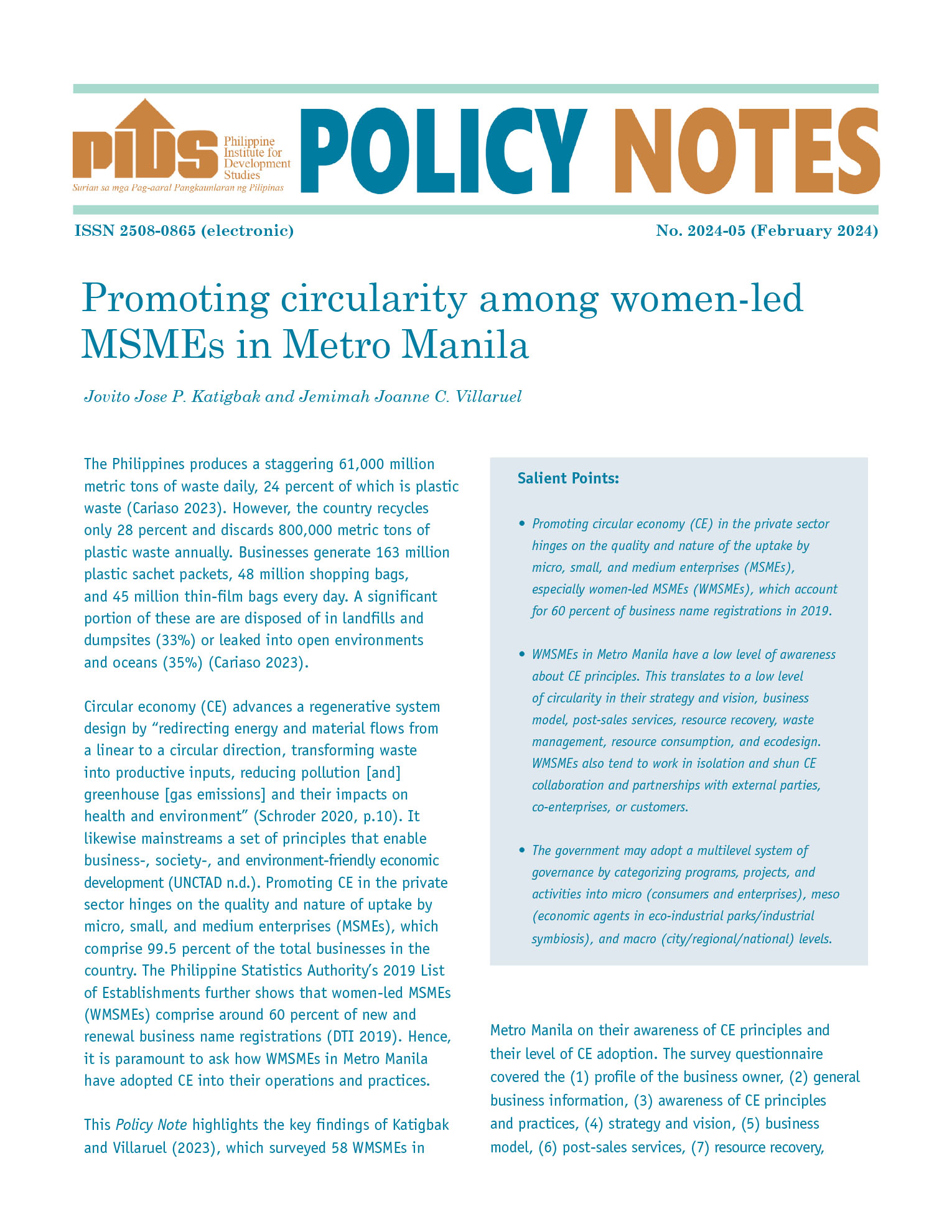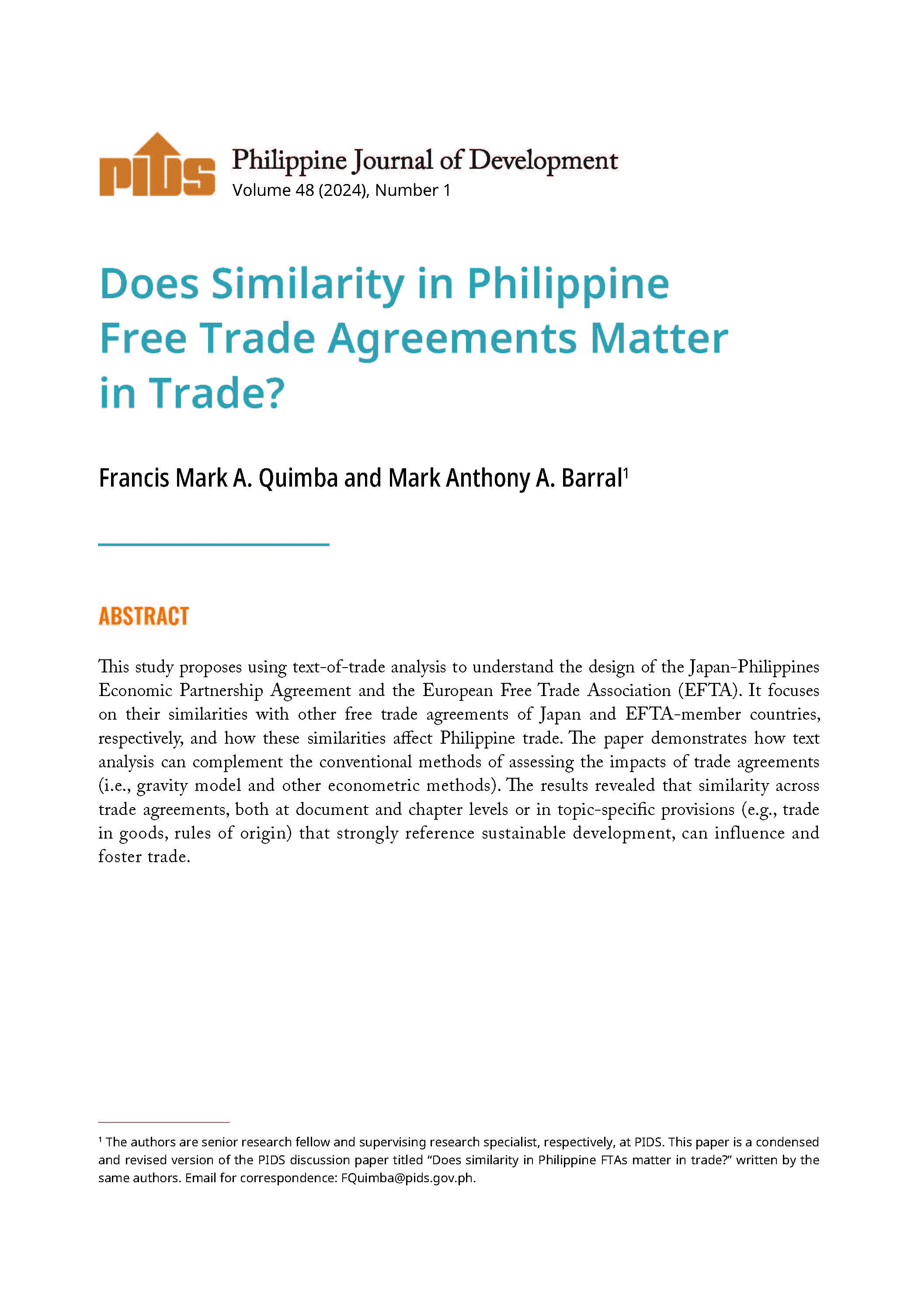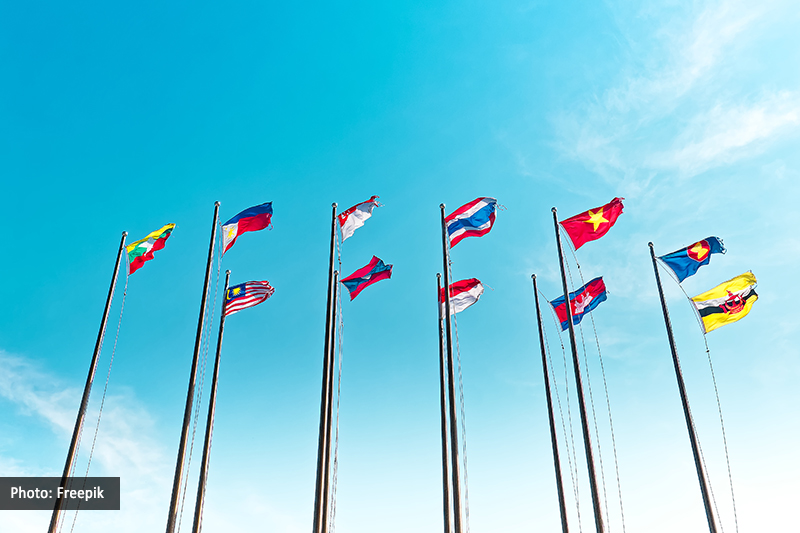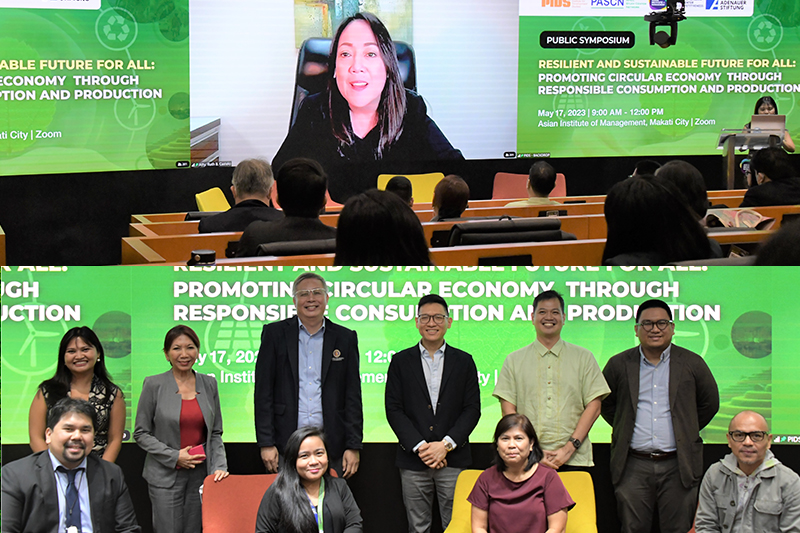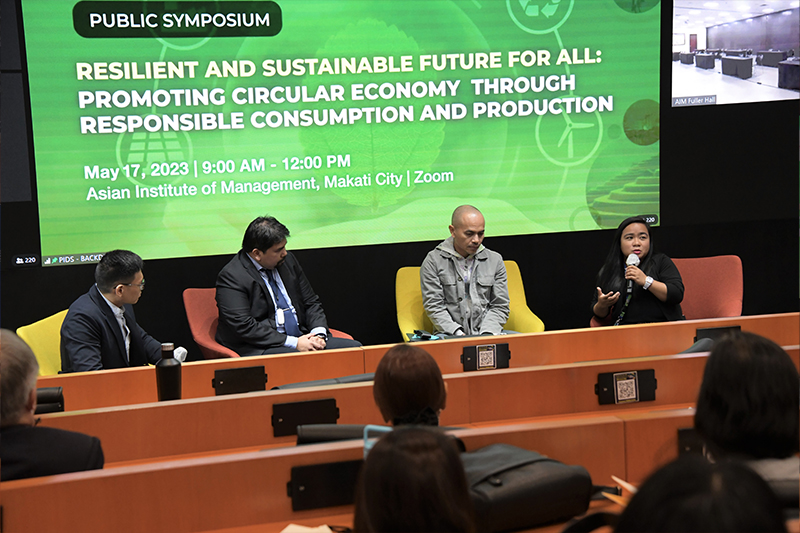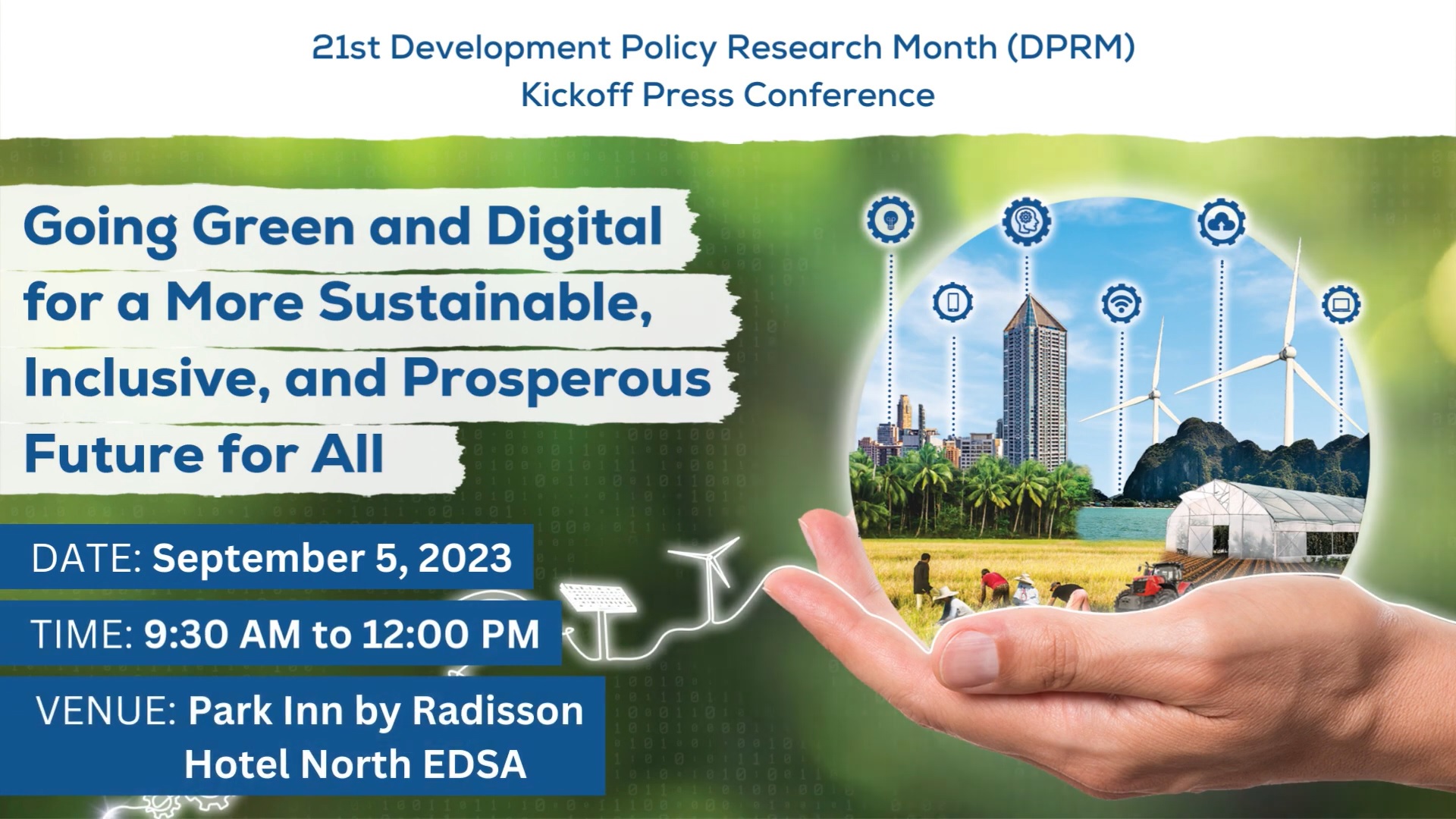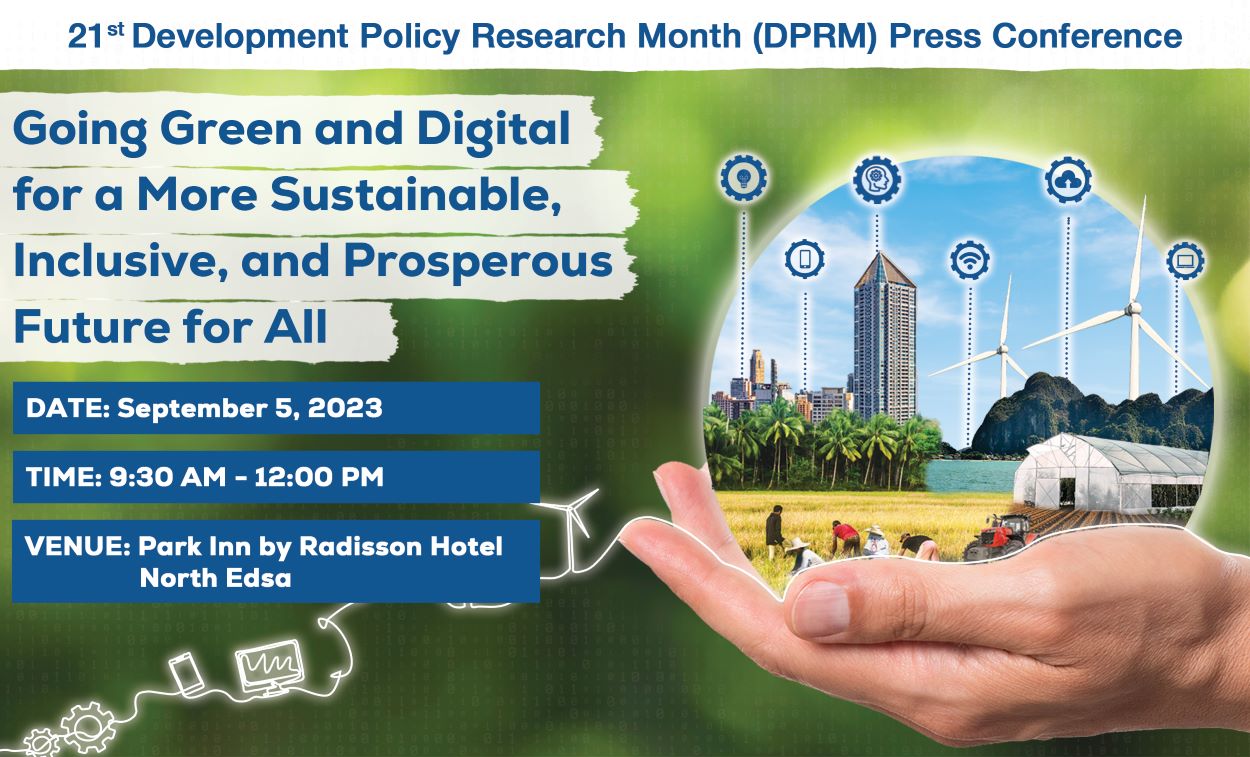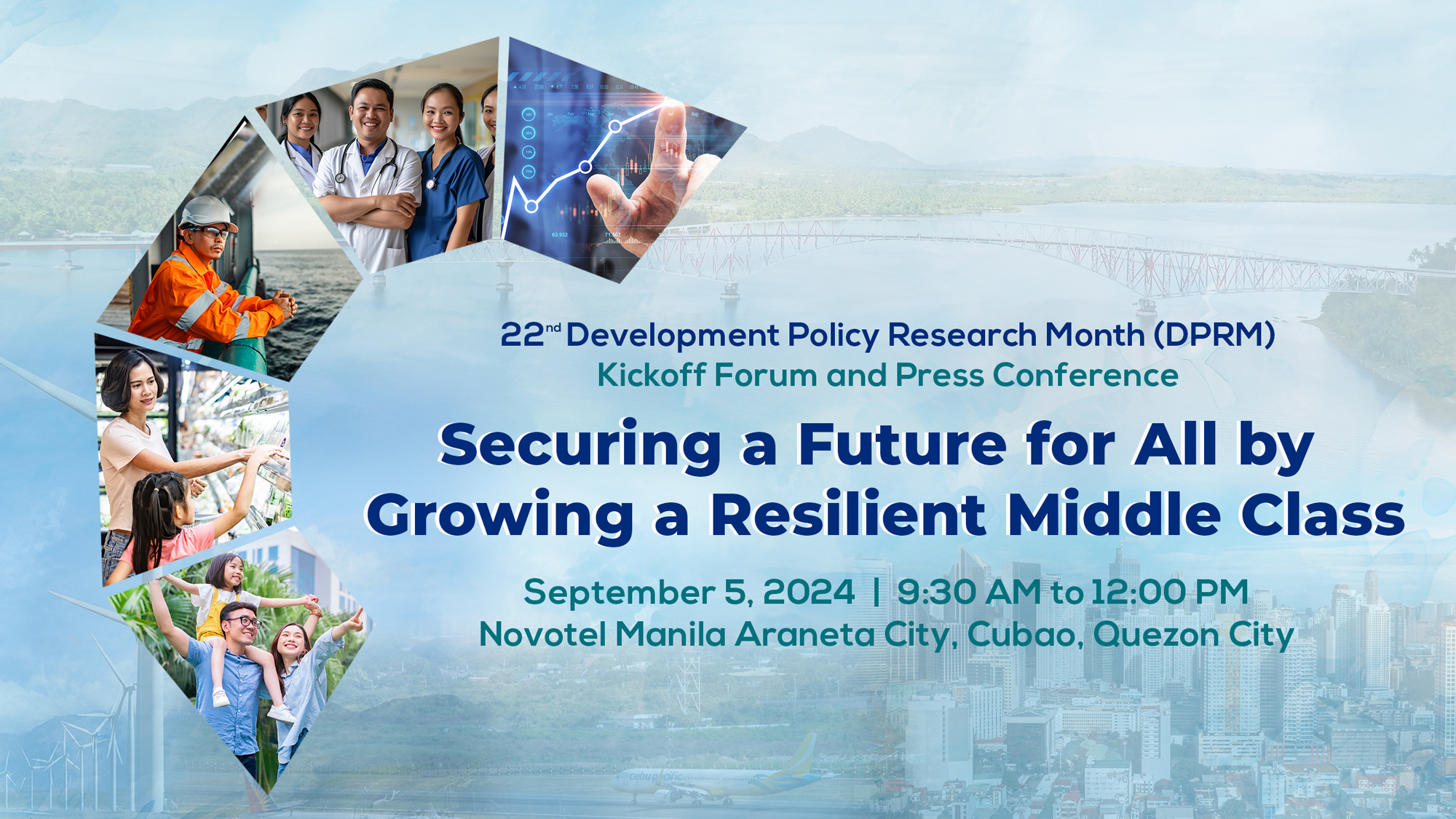Filipinos in Japan are calling on the government to forge closer ties with Japan, noting Japanese Prime Minister Shinzo Abe's successful visit to the Philippines in January, and President Rodrigo Duterte's interest in shoring up ties with Asian neighbors.
"It will be a good sign of a better future to both countries," said Anelyn Mori, 37, a quality control specialist at the Toyota Boshoku-Araco who also works as a Tagalog-English interpreter.
Japan is one of the biggest investors in the Philippines, mainly in electronics, financial services and auto manufacturing, through firms that include Toyota, Mitsubishi and Canon, according to Reuters.
"Japan produces quality products and has a hardworking and reliable citizenry," said Mori, who has been living and working in Japan for 16 years. "It is ideal for us to tie an agreement with them."
Minda Pasamonte, a businesswoman in Nagasaki, noted the improved image the Philippines now has in the eyes of the Japanese.
"Nagkakaroon na sila ng magandang imahe sa ating bansa hindi katulad noon na mababa ang tingin ng mga Japanese sa ating mga Filipino," she said. "Tingin kasi nila sa atin noon ay mga prostitute."
Abe's two-day visit to the Philippines in January was aimed at shoring up ties with Duterte and boosting Tokyo's economic foothold in the face of anticipated competition from China. He was the first foreign leader to visit the country under the Duterte administration.
Duterte, meanwhile, has described Japan as the country's biggest donor.
Rooms for improvement
For Dr. Erlinda Medalla, research fellow of the Philippine Institute for Development Studies, the partnership between the Philippines and Japan "has been very positive" but "with rooms for improvements."
“I think the partnership has been very beneficial on the whole," said Medalla. "I have not seen negative feedback since it took into effect, none of the serious adjustment costs (especially on the environment) which those opposed to the partnership highlighted."
"There are clearer rules on the movement of people now; market access to very restrictive markets, like bananas; and capacity-building with technical assistance from Japan to cope with SPS regulations," Medalla said. —KBK, GMA News
Related Posts
Publications
Press Releases
Video Highlights
Infographics
[No related items]


